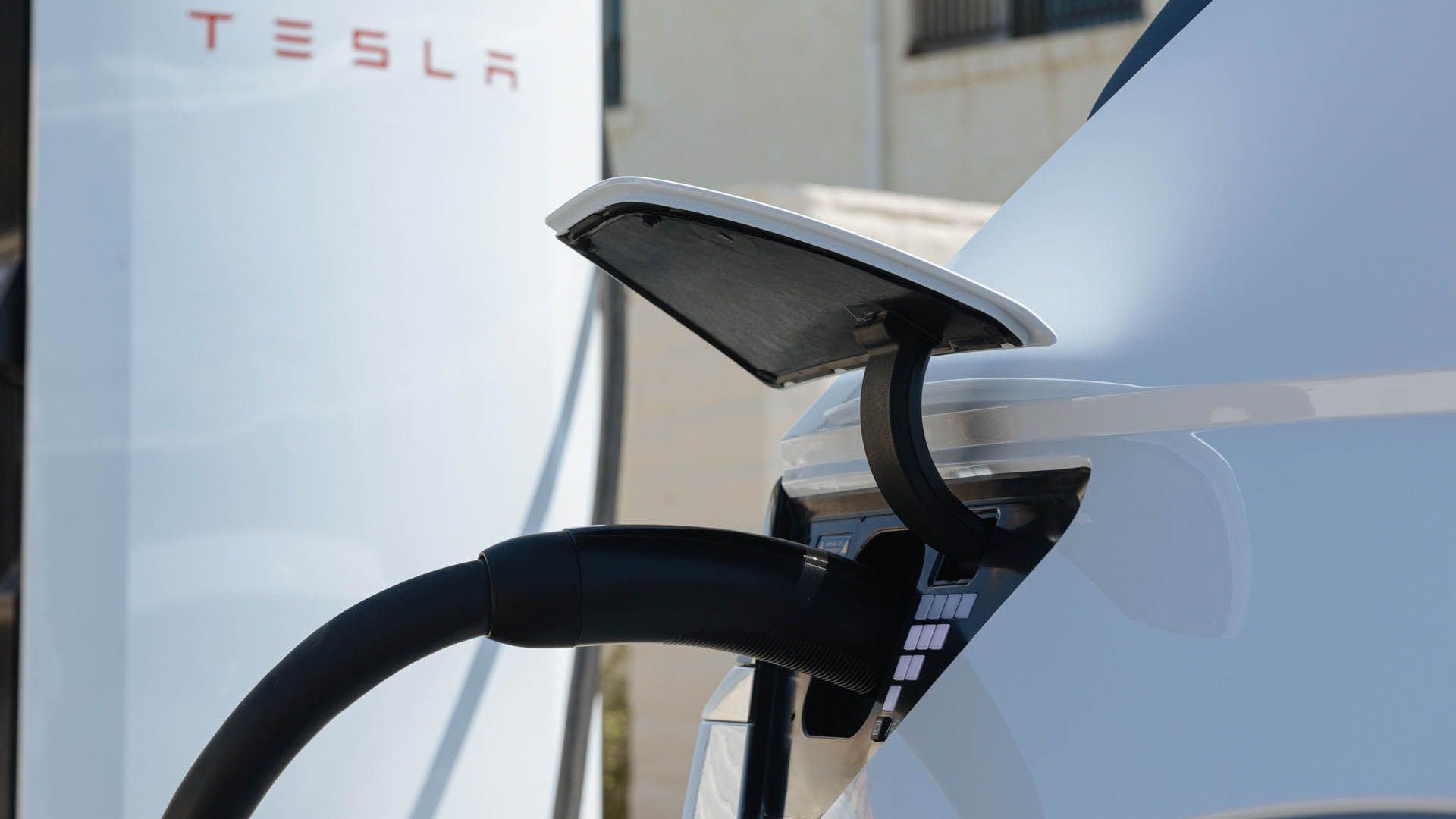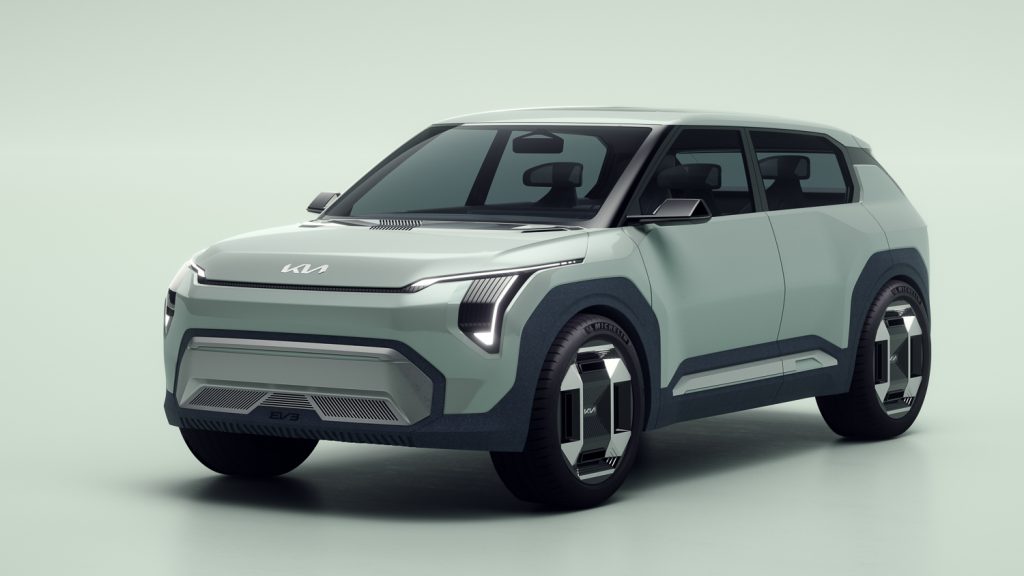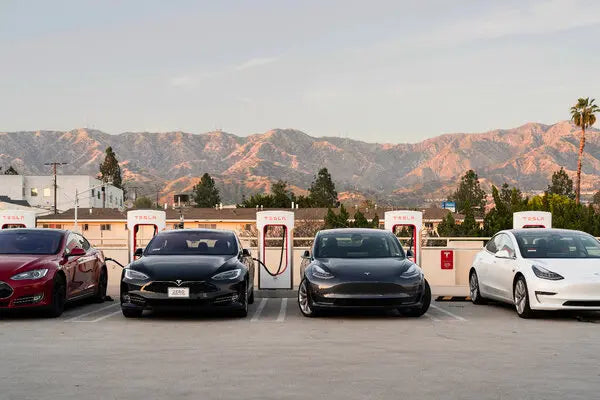Rising Expectations for Faster Charging
Hyundai’s latest electric vehicles already charge faster than many competitors, thanks to their 800-volt architecture. Models like the Ioniq 5 and its platform siblings routinely jump from 10% to 80% in under 20 minutes when connected to high-powered DC fast chargers. For several years, such speeds were reserved for premium EVs costing far more.
Yet Hyundai believes current performance is no longer enough. While many of its EVs peak around 225 kW, new models from rivals—especially in China—are pushing toward 400 kW and beyond. As the market evolves, Hyundai says it must keep raising the bar to stay competitive.

Why Hyundai Wants Much Faster Charging
Tyrone Johnson, head of Hyundai’s new European development center, told Auto Express that ultra-fast charging will be critical for convincing traditional gas-car drivers to switch.
Consumers may appreciate 20-minute charging sessions, but Johnson says many still compare EVs to gas vehicles that refuel in minutes. The concern isn’t only convenience—it’s perception.
“Customers expect refueling to take about three minutes, just like an internal-combustion car,” Johnson explained. He added that range anxiety and uncertainty about future driving needs continue to influence buying decisions. For Hyundai, cutting charging time dramatically is part of the solution.
Competition Is Moving Quickly
On today’s public fast chargers—typically rated up to 350 kW—the Ioniq 5 already performs well, often hitting its 10–80% charge in about 20 minutes. Some drivers report even faster real-world results under ideal conditions. Still, many mainstream EVs remain in the 20–30 minute window.
But rivals are accelerating. Porsche’s new Cayenne Electric, for example, claims a 400 kW peak. According to Porsche, this can reduce a 10%–80% charging session to as little as 16 minutes, though the company hasn’t clarified what type of charger would be required to reach those speeds. While Porsche operates in a higher price bracket, Hyundai must still keep pace to maintain its reputation for innovation.
Hyundai’s Push Toward 400 kW and Higher
According to the Auto Express report, Hyundai is actively testing 400 kW charging capability in its engineering labs. The goal is not only to cut charging time but also to improve overall efficiency without simply enlarging battery packs.
Increasing battery size would add weight, cost, and longer charging durations—trade-offs that Hyundai wants to avoid. Instead, the company is exploring improvements in cell chemistry, cooling, and software that allow more power to be accepted more safely and efficiently.

The Three-Minute Goal—and the Global Race Ahead
Reaching three-minute charging is a massive challenge. Even the most advanced systems today fall short. In China, BYD can achieve roughly five-minute top-ups, but only using a highly specialized 1,000 kW (1 MW) charging station paired with compatible EVs. Zeekr has gone even further: its updated 001 can accept over 1.3 MW, enabling a 10% to 80% charge in under seven minutes.
These examples show what’s possible at the cutting edge, but the technology is far from mainstream. Nevertheless, Hyundai views ultra-fast charging as central to the next phase of EV adoption. Today’s capabilities are only the starting point, and the company believes the future will demand much more.
Recommend Reading: Hyundai Unlocks Key to Solid-State EV Batteries








Partager:
Jeep and Dodge EVs to Gain Tesla Supercharger Access Starting in 2026
Ionna Expands Its U.S. Fast-Charging Network With Major California Investment